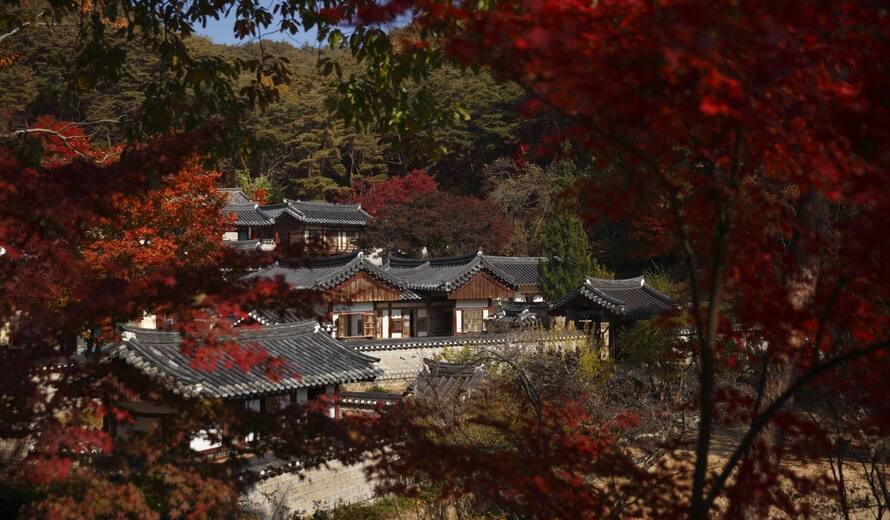
On 17 March 2021, the Director-General of UNESCO received, via the Permanent Delegation of the Republic of Korea to UNESCO, a letter from Mr KIM Hyun-mo, Administrator of the Cultural Heritage Administration of the Republic of Korea, announcing the creation of a new Framework Agreement to support extra-budgetary projects related to World Heritage in the Asia and the Pacific region.
UNESCO and its World Heritage Centre enjoys a very fruitful cooperation with the Government of the Republic of Korea, and especially the Cultural Heritage Administration of the Republic of Korea (CHA), which has supported activities for over 20 years via its Funds-in-Trust (FiT) mechanism.
One of the flagship projects of the existing FiT Framework Agreement is the safeguarding of the World Heritage property “Complex of Koguryo Tombs” in the Democratic People’s Republic of Korea, a project that has now seen four successive phases and is celebrating its 20th anniversary this year. The operational projects currently implemented by the World Heritage Centre in this framework also include support for the conservation and nomination of cultural heritage along the Silk Roads, which has led to a successful inscription on the World Heritage List; heritage-led, sustainable development activities focusing on community-based approaches in Pakistan, India and Sri Lanka; and capacity-building for the Third Cycle of Periodic Reporting and the World Heritage Convention across the region. The Republic of Korea has also generously agreed to extend this on-going Framework Agreement for another five years (2022-2026), for an amount of USD 2 millions.
UNESCO and its World Heritage Centre is extremely grateful for the second Framework Agreement for World Heritage-related activities in the region of Asia and the Pacific. The Republic of Korea committed an additional USD 4 million over five years (2021-2025) for projects that will focus on capacity building for cultural and natural heritage in the Asia-Pacific region, with a particular emphasis on upstream advice towards the development of a potential nomination dossier for a transboundary property across the demilitarised zone (DMZ) in the Korean Peninsula.
Finally, the World Heritage Centre remains very grateful for the staff members that CHA has generously seconded over the past 15 years as part of the Framework Agreements, and who continue to provide invaluable support to the Asia Pacific team, both in terms of programme implementation and coordination of project activities with the Donor.
